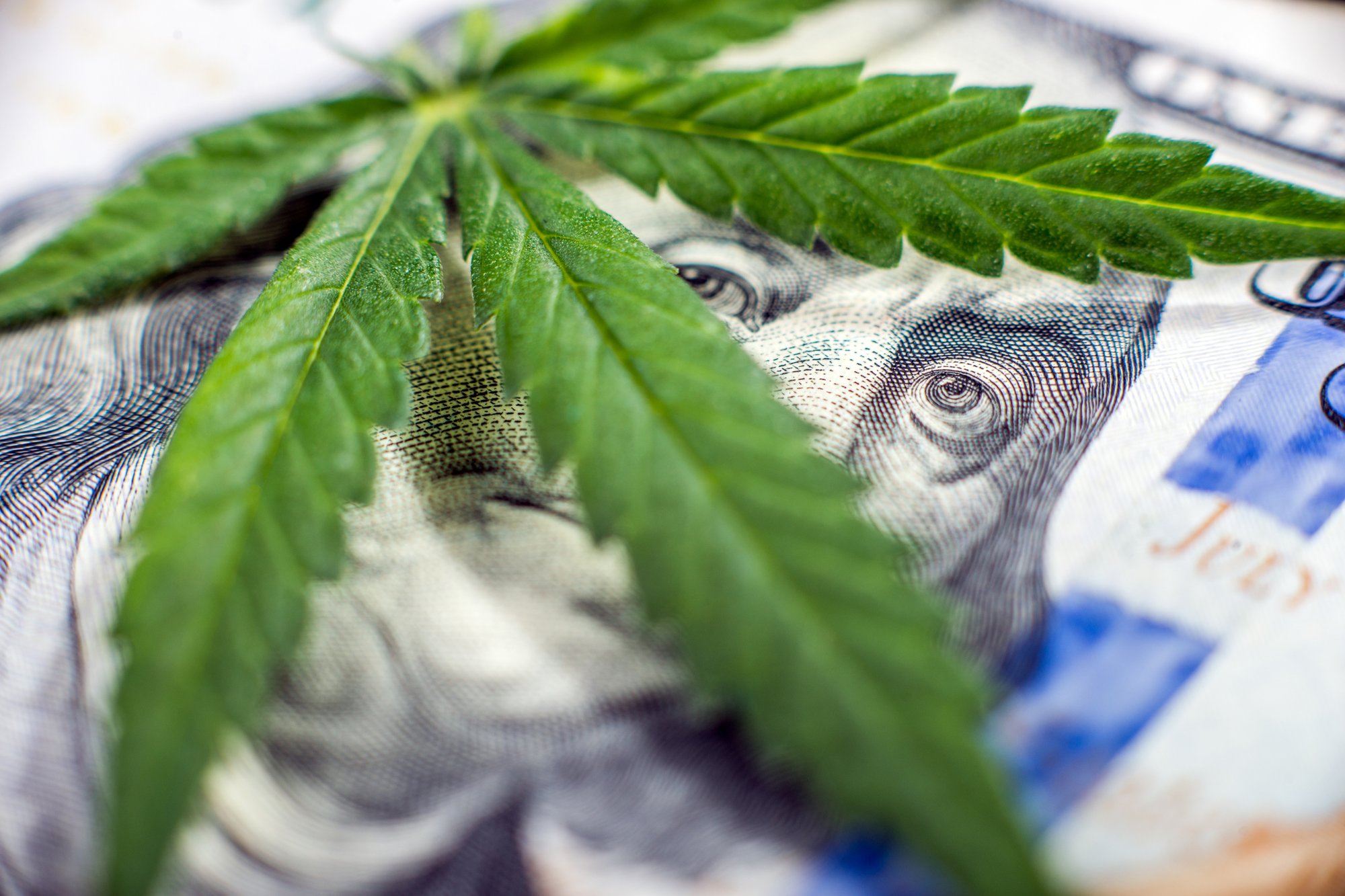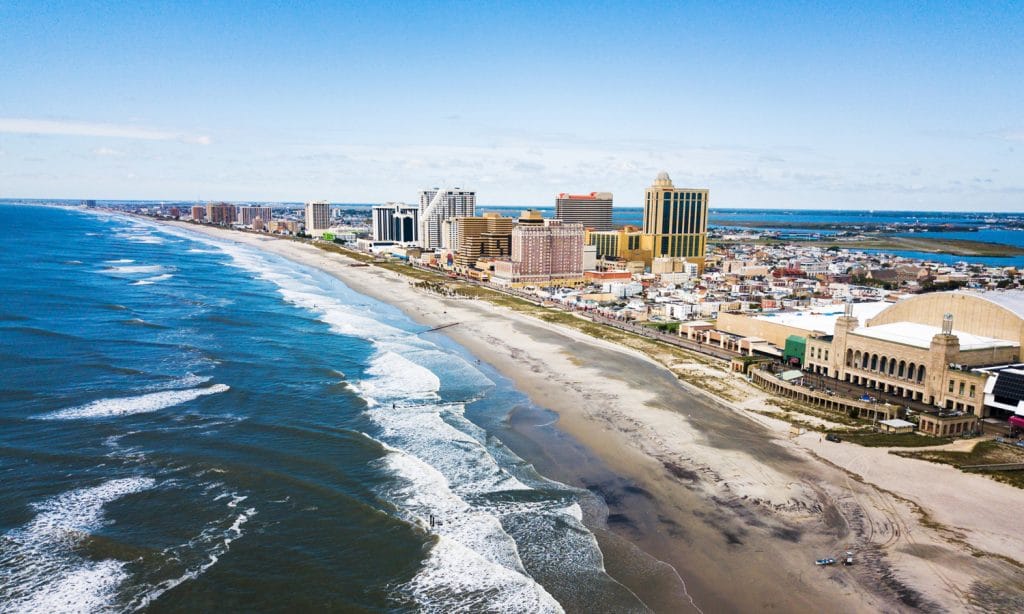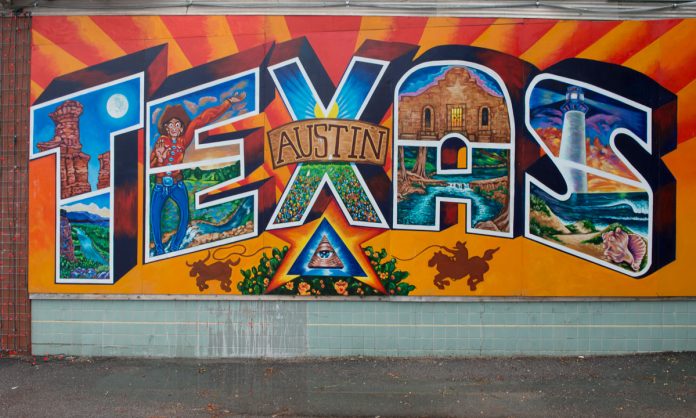Australia’s Therapeutic Goods Administration (TGA) had a busy July in relation to approving applications for medicinal cannabis products.
Australia’s Special Access Scheme (SAS) enables suitably authorised health practitioners to access therapeutic products not included in the Australian Register of Therapeutic Goods (ARTG). The only cannabis product currently included in the ARTG is Sativex (nabiximols), which contains THC (tetrahydrocannabinol) and CBD (cannabidiol).
There are several different pathways to gaining approval for cannabis medications through the SAS – categories A, B and C. Medical cannabis applications are generally via the Category B pathway.
Up to 31 July 2020, the TGA had approved more than 56,000 SAS Category B applications for unapproved medicinal cannabis products. That number is a cumulative figure over a very long period of time – since 1992, so nearly 30 years.
Approval numbers have certainly picked up in the last year or so. Updated figures from the TGA indicate 5,564 approvals were issued last month, so nearly 10% of all approvals ever made under SAS Category B occurred in July this year. July’s figures were well up on June’s (4,630) and more than double July last year (2,207).






